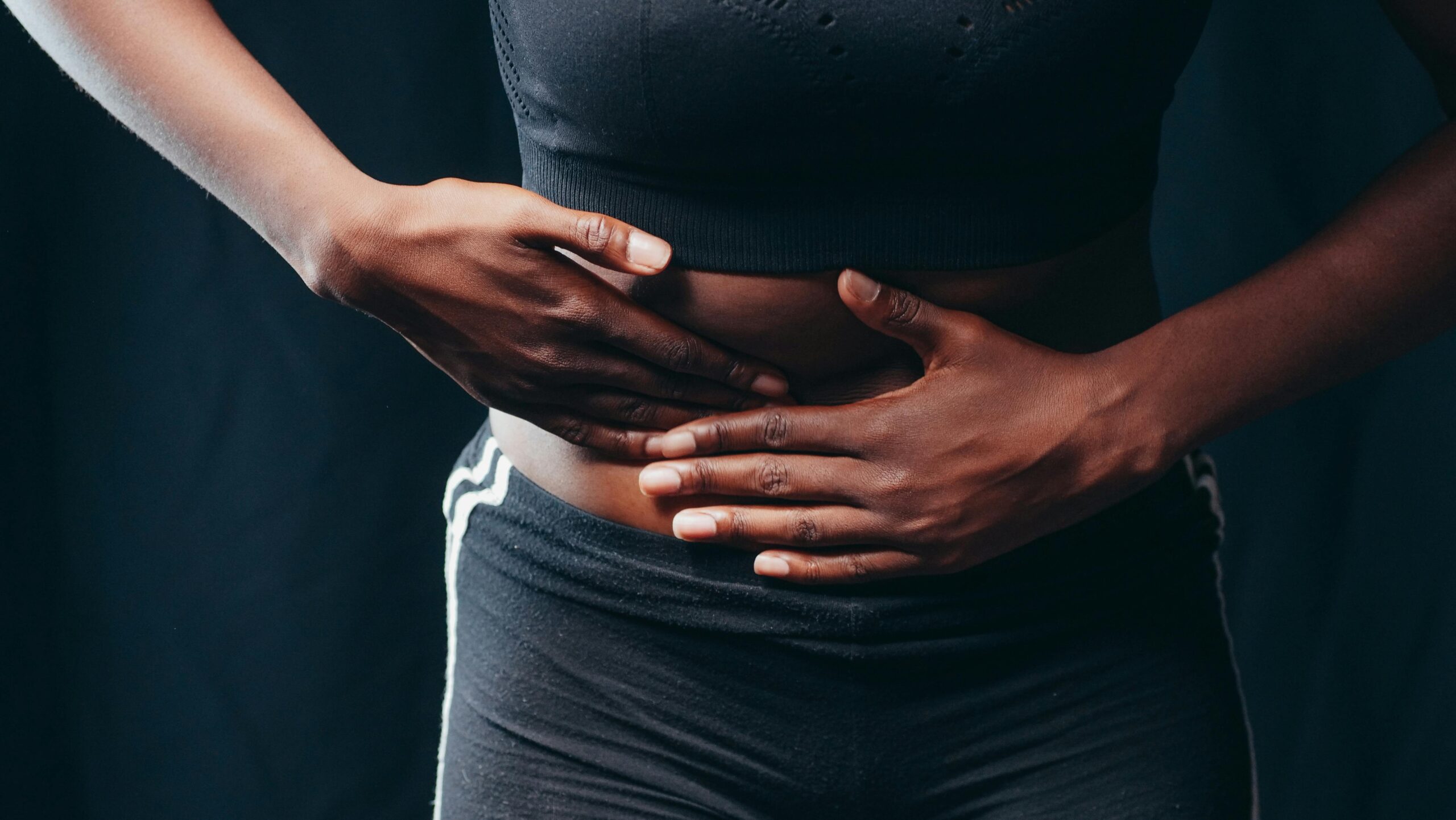Stomach Pain? Here’s What Your Gut Is Trying to Tell You
Stomach pain is one of the most common health complaints, but did you know that your gut health may be the root cause? Whether it’s a dull ache, sharp cramps, or persistent bloating, your gut could be sending out warning signs that something’s not right. Ignoring these messages might lead to more serious issues down the road.
we’ll decode what different types of stomach pain mean, explore possible underlying causes, and provide natural remedies to help restore your gut health.
What Does Your Stomach Pain Really Mean?
Your stomach pain could be a signal from your digestive system trying to communicate an imbalance, irritation, or more serious condition. The location, intensity, and timing of your pain can help identify the issue.
Common Types of Stomach Pain and What They Indicate
1. Upper Abdominal Pain (After Eating)
Possible Cause: Acid reflux, gastritis, or indigestion.
What Your Gut Says: “I may be struggling to break down food properly.”
Solution: Avoid spicy foods, eat smaller meals, and try ginger tea.
2. Pain with Bloating and Gas
Possible Cause: IBS (Irritable Bowel Syndrome), food intolerances, or dysbiosis (gut flora imbalance).
What Your Gut Says: “Something you ate is not agreeing with me, or I lack good bacteria.”
Solution: Limit dairy/gluten, try a low-FODMAP diet, and take probiotics.
3. Cramping in Lower Abdomen
Possible Cause: Constipation, menstruation (in women), or IBS.
What Your Gut Says: “I’m having trouble moving waste through smoothly.”
Solution: Increase fiber intake, hydrate, and engage in light exercise.
4. Sharp Pain on the Right Side
Possible Cause: Gallstones or appendicitis.
What Your Gut Says: “There may be a blockage or inflammation — seek medical help!”
Solution: Don’t ignore. Visit a doctor immediately if the pain is severe.
5. Pain After Antibiotics
Possible Cause: Disruption of gut microbiome.
What Your Gut Says: “My good bacteria have been wiped out.”
Solution: Eat probiotic-rich foods like yogurt, kefir, and fermented vegetables.
Major Causes of Gut-Related Stomach Pain
1. Poor Diet
High intake of processed foods, sugars, and artificial additives can damage your gut lining.
2. Stress and Anxiety
The gut-brain connection is real. Emotional stress can trigger stomach pain, nausea, and cramps.
3. Food Intolerances
Common culprits include lactose, gluten, soy, and artificial sweeteners like sorbitol.
4. Leaky Gut Syndrome
A condition where the gut lining becomes permeable, allowing toxins into the bloodstream and causing inflammation.
5. Gut Infections
Parasites, bacterial overgrowth (SIBO), or viruses can irritate your digestive system.
Natural Ways to Relieve Stomach Pain
✅ Eat Gut-Healing Foods
Include bananas, bone broth, papaya, ginger, chia seeds, and fermented foods in your diet.
✅ Drink Herbal Teas
Peppermint, chamomile, and fennel tea can soothe stomach muscles and reduce gas.
✅ Take Probiotics
Rebuild your gut flora with high-quality probiotics or fermented foods like yogurt, kefir, and kimchi.
✅ Hydrate Regularly
Water helps regulate digestion and prevent constipation-related stomach pain.
✅ Manage Stress
Practice meditation, deep breathing, or yoga to calm your nervous system and reduce gut tension.
When Should You See a Doctor?
Seek medical attention if your stomach pain is:
- Persistent or worsening over several days
- Accompanied by fever or vomiting
- Linked to blood in your stool
- Causing unintentional weight loss
- Severe and located on one side
1. Can stomach pain be caused by stress?
Yes, stress activates the “fight or flight” response, which can slow digestion and cause pain, cramping, or bloating.
2. What is the best position to relieve stomach pain?
Lying on your left side or in the fetal position may help release gas and reduce cramping.
3. Are over-the-counter medications safe for gut-related pain?
Antacids or antispasmodics can provide temporary relief, but long-term use may harm gut health. Natural remedies are often safer.
4. How can I prevent recurring stomach pain?
Maintain a balanced diet, manage stress, avoid trigger foods, and support your gut with probiotics and fiber-rich meals.
5. Is stomach pain a sign of serious illness?
Sometimes, yes. It can indicate appendicitis, ulcers, gallstones, or infections. Consult a doctor if the pain is severe or ongoing.
Your stomach pain isn’t just a random symptom — it’s your gut trying to tell you something important. By listening to your body, addressing dietary and lifestyle factors, and incorporating gut-friendly habits, you can restore digestive balance and feel your best again.
Don’t ignore the signs. Your gut health is the gateway to your overall well-being.




